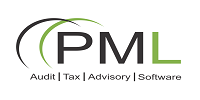It is common knowledge that companies that do not take auditing records seriously are positioning themselves for ominous compliance implications. Truly, servicing clients and managing employees can be tasking, yet, good records management should not be taken for granted.
With ... Read More


